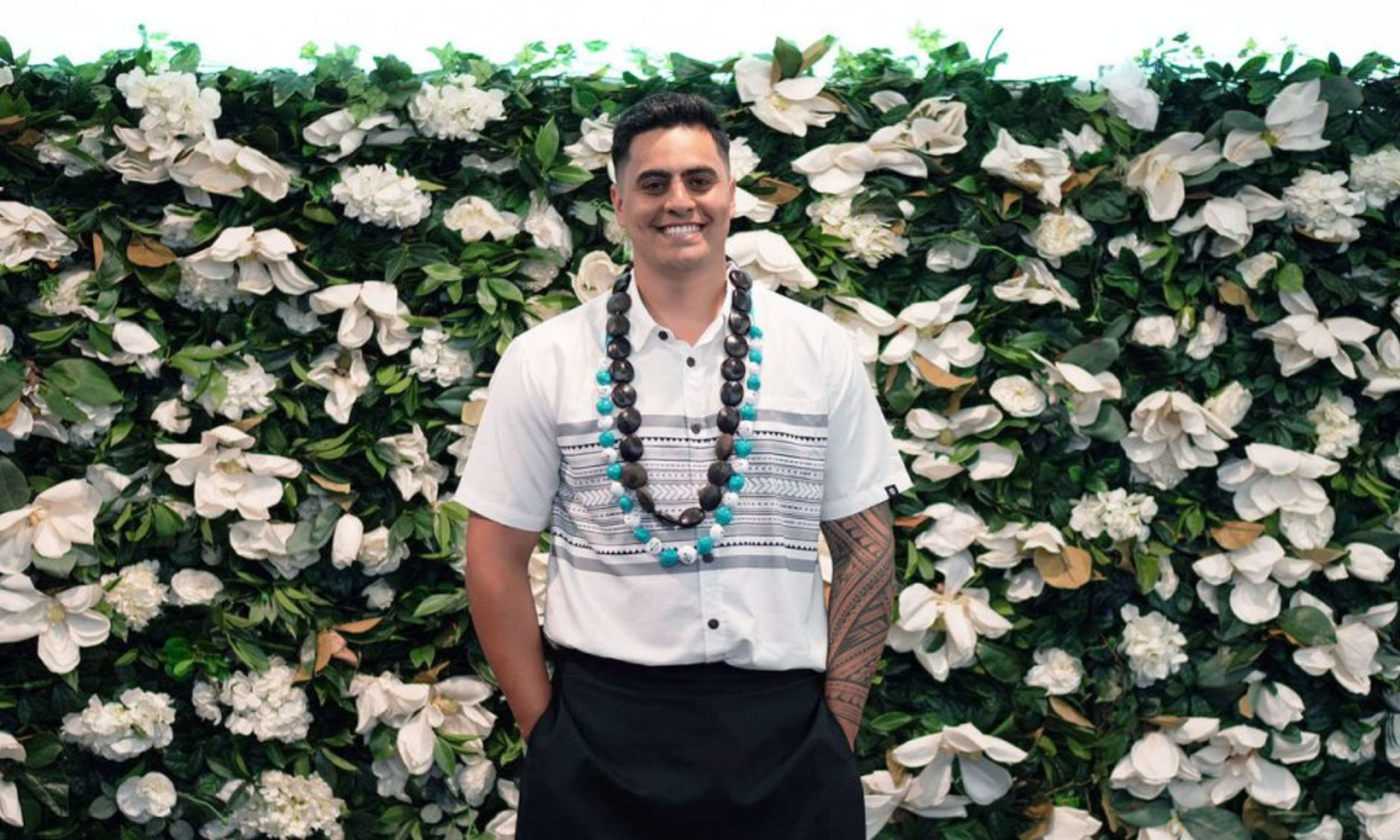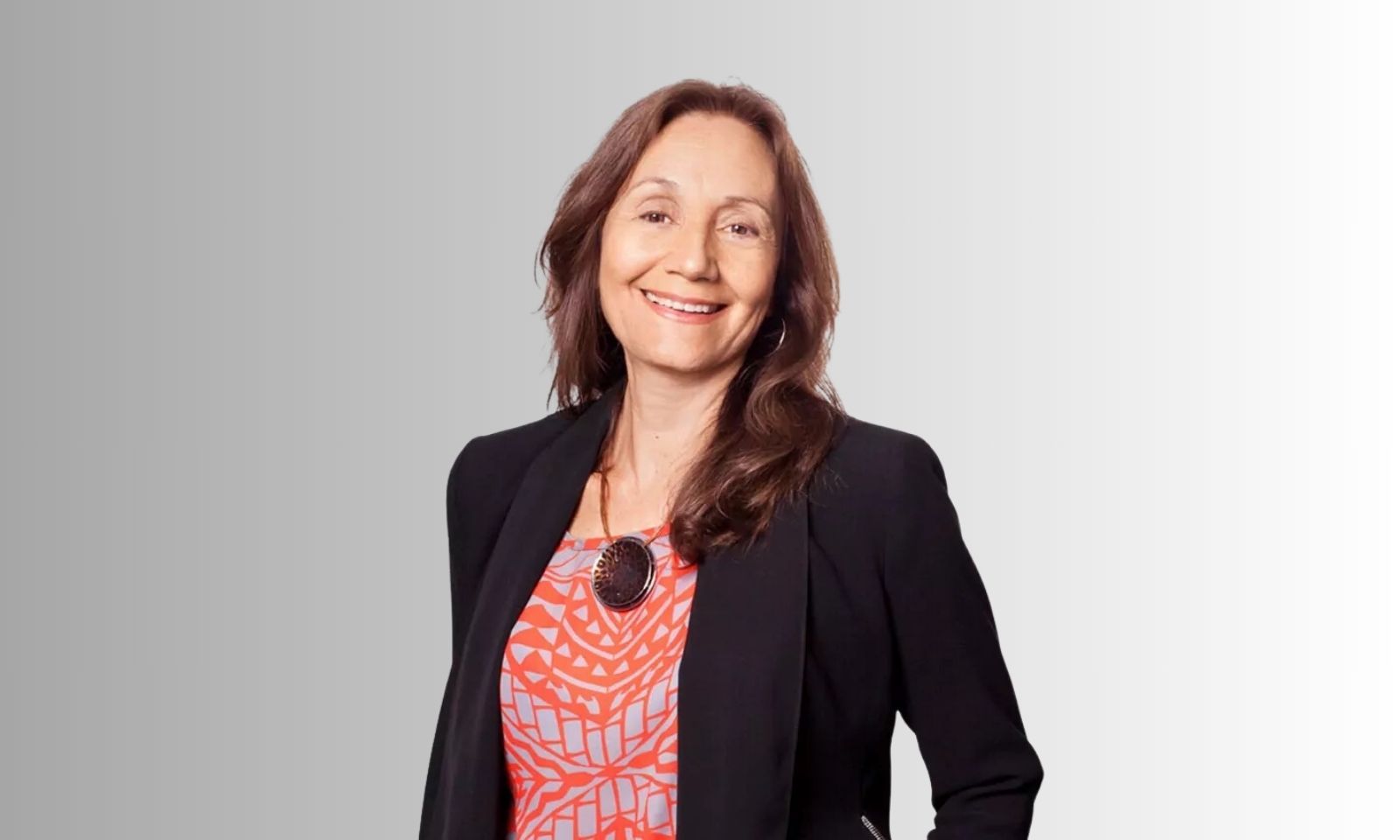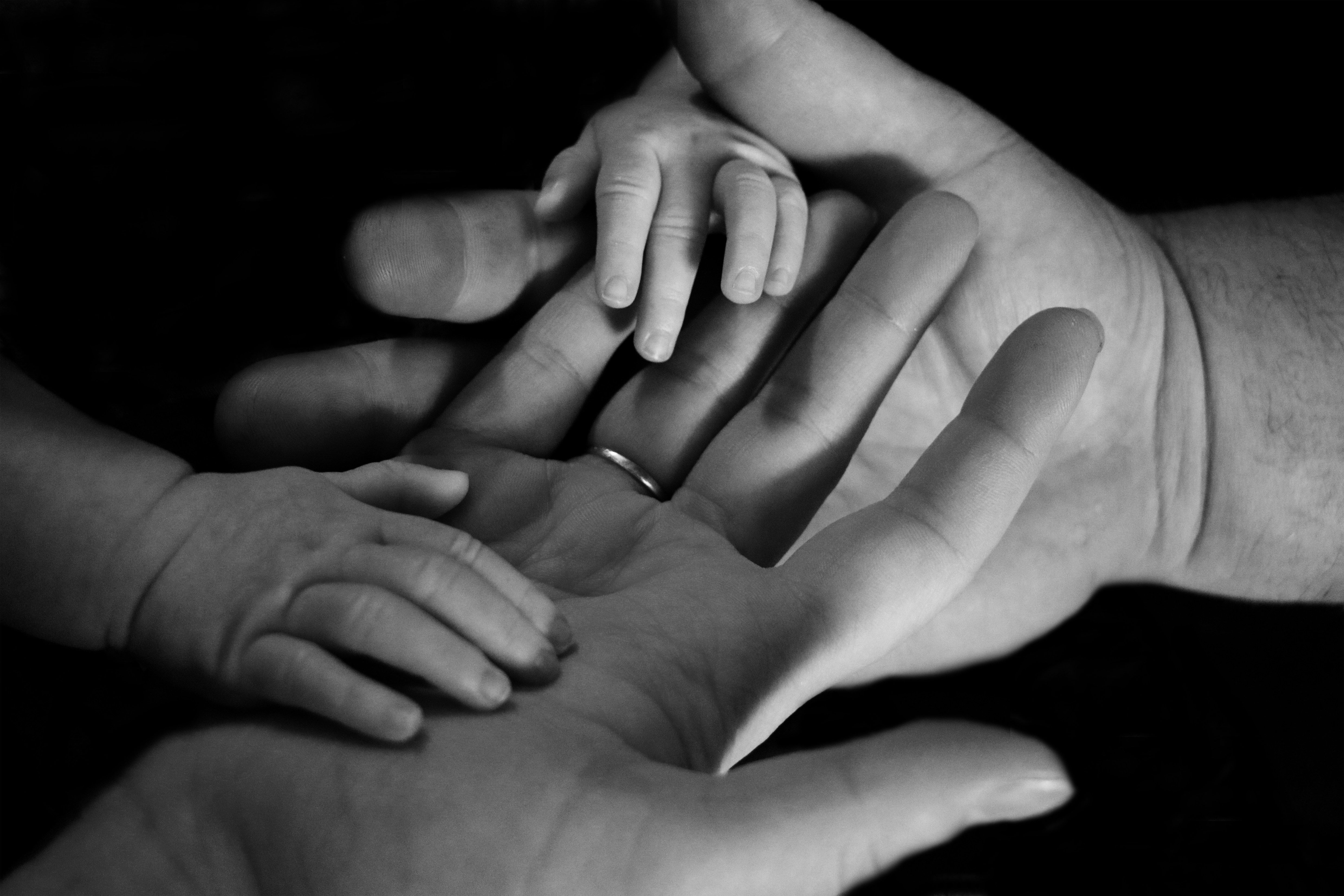

Le Va’s ground-breaking research has been published in the prestigious academic journal, Crisis.
Photo /Unsplash
Milestone for Māori and Pacific suicide prevention as research gains global recognition
Le Va’s analysis highlights the significant role of LifeKeepers in reducing suicide risk and advancing indigenous mental health. Following its success, Le Va will launch a Pasifika version of the programme.


Operation Xmas Drop 2025: US and allies deliver hope to remote Pacific communities

Our generosity is our strength but we must spend wisely this Christmas - expert

Excellence and possibility: Meet the new face of Pacific medicine in Aotearoa


Operation Xmas Drop 2025: US and allies deliver hope to remote Pacific communities

Our generosity is our strength but we must spend wisely this Christmas - expert

Excellence and possibility: Meet the new face of Pacific medicine in Aotearoa
A national initiative which champions culturally tailored support for at-risk groups is taking a major step in suicide prevention by introducing a Pacific course.
The newly published research, led by Le Va’s chief executive, Denise Kingi-’Ulu’ave, highlights the transformative impact of LifeKeepers - a suicide prevention programme developed by Māori for Māori - in reducing suicide risk across diverse communities in Aotearoa.
Based on data from nearly 6000 participants, the study shows that Mana Akiaki - LifeKeepers training - leads to significant increases in knowledge, skills, and confidence for intervening when someone may be suicidal.
This research has recently gained recognition by being published in the esteemed academic journal Crisis, which Kingi-’Ulu’ave describes as a significant advancement in suicide prevention for Māori and Pacific communities.
“Getting into the journal is a milestone but also to have it freely available to people around the world, particularly indigenous people, is really important,” she says.
“It says that indigenous people like our organisation here at Le Va, Pasifika and Māori have the skills and can contribute to this area of suicide prevention.
“It gives other indigenous people around the world to be able to look at some models that are working and make a case for making sure that culture is considered in any suicide prevention strategy.”
She says that international interest in the research has already emerged, with professionals from New York seeking more insights.
This culturally tailored approach aligns with recent calls for context-specific interventions targeting Māori and Pacific communities.

Denise Kingi-’Ulu’ave says the research advances suicide prevention for Māori and Pacific communities. Photo/Le Va
Dr Jaimie Dikstaal spoke to William Terite on Pacific Mornings about how factors like racism, intergenerational trauma, and financial hardship contribute to mental distress.
The suicide rate among Pacific communities is at 5.1 per 100,000, a decrease from 9.2 in 2022. In the 2022/2023 financial year, there were 557 confirmed and suspected suicide deaths, 26 of which were from Pacific communities.
While this decline is significant, Toleafoa Mark Esekielu, Le Va’s mental health and addiction senior manager, cautions that the issue remains complex and that there are no celebrations just yet.
Kingi-’Ulu’ave emphasises that LifeKeepers’ success comes from tailoring the programme to its audience, saying people feel connected when “they can relate to it”.
“I’m sure we've all been to a training programme, and it hasn't been designed with us in mind.
“The people that are maybe facilitating the programme, the examples that are given, they just don't resonate with us and sometimes they conflict with our values and our beliefs.
Watch Toleafoa Mark Esekielu’s full interview below.
“That's why when we developed LifeKeepers, we said we're not just developing one size fits all.
“That's why we insisted that we would, you know, out of respect for tangata whenua, we would design a programme for Māori, and we also had our FLO Pasifika programme already.”
She underscores the critical role ordinary community members can play in intervening during suicide risk situations, saying that “everybody has a role to play”.
This mirrors calls from other suicide prevention representatives for more “hard talanoa” on this topic.
“What our programme is showing is that when you design something and deliver it with the community in mind, then it's a lot more successful - it’s accessible, acceptable, and it resonates,” Kingi-’Ulu’ave says.
“What I'd like people to take away from this training is that everybody has a role to play in suicide prevention.

Le Va advocates for the family’s essential key in addressing Pacific suicide rates. Photo /Unsplash
“And if you’re equipped with the knowledge and confidence to identify when somebody might be at-risk, then you have the courage to ask them with compassion and confidence to know what to do if they are in distress and where to refer them to.”
Looking ahead, Le Va is developing a similar Pasifika programme this year, and Kingi-’Ulu’ave says that LifeKeepers’ success illustrates the effectiveness of tailoring programmes to specific population groups”.
“We are doing the same for our Pasifika communities now, and Leilani Clark is leading that for us - she is the manager of FLO Pasifika for Life, our National Pacific Suicide Prevention Programme.”
Clark will adapt the insights from the three-hour FLO Talanoa into an extended one-day programme, maintaining themes similar to Lifekeepers but tailored for a Pasifika audience.
This will ensure the content resonates with the community, incorporating relevant proverbs and figures.
Kingi-’Ulu’ave encourages people to attend their Global Pacific Solutions Conference in April at the Manukau Due Drop Events Centre. For more information, click here.